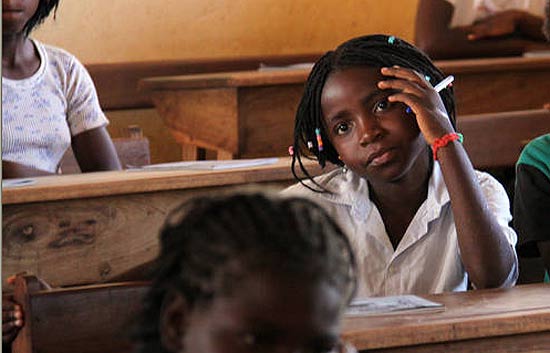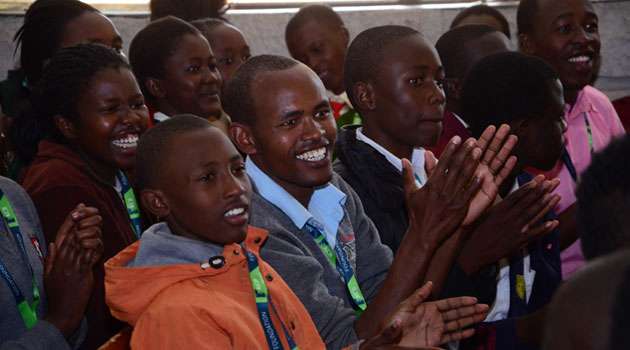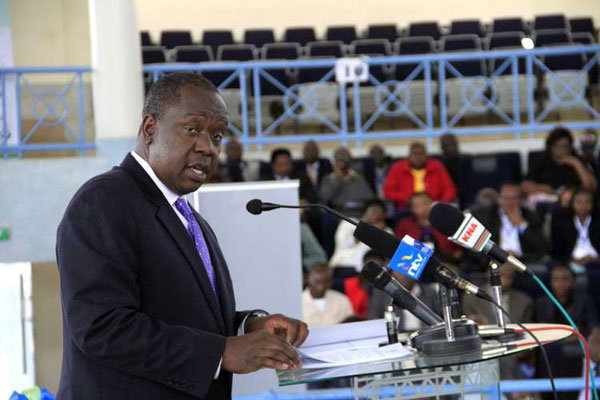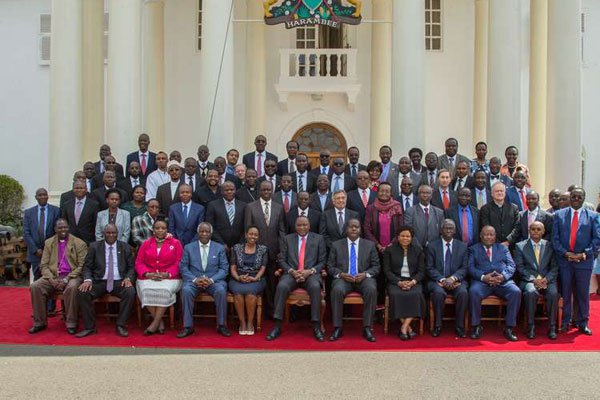África/Kenia/28 de Agosto de 2016/Fuente: People Daily
El Fondo de Población de la ONU (Unfpa) exhortó hoy a los gobiernos africanos a invertir en las niñas con el fin de lograr el desarrollo sostenible.
La subdirectora ejecutiva de Unfpa, Natalia Kanem, dijo en un foro sobre población en Nairobi, capital de Kenia, que invertir en las niñas traerá beneficios económicos significativos a Africa.
«Sabemos, por ejemplo, que las niñas que terminan la escuela secundaria en Kenia pueden aportar 27.000 millones de dólares a la economía en el transcurso de su vida.
En Nigeria, si las mujeres jóvenes tuvieran los mismos niveles de empleo que los hombres jóvenes, el país tendría 13.900 millones de dólares adicionales al año», dijo Kanem en una discusión sobre la manera de aprovechar el bono demográfico de Africa.
La conferencia de un día contó con la participación de personas provenientes de toda Africa.
Kanem didjo que la situación de muchas niñas en Africa es particularmente difícil porque las niñas menores de 15 años tienen cinco veces más probabilidades de morir durante el parto que las mujeres de más edad.
«Invertir en las niñas les permitirá gozar de sus derechos humanos y desarrollar todo su potencial», dijo.
Kanem señaló que en Africa, más niñas están terminando la escuela primaria, pero enfrentan el desafío de tener acceso a la educación secundaria y de completarla.
Kanem, también secretaria general asistente de la ONU, dijo que el matrimonio y el embarazo a temprana edad junto con la violencia de género y la discriminación con frecuencia constituyen el fin de la educación de las niñas adolescentes.
«Esto pone en situación de riesgo la salud de las niñas y destruye sus potenciales aportaciones a la sociedad», dijo Kanem.
La funcionaria exhortó a los gobiernos africanos a asegurarse de que las adolescentes no se casen durante la infancia para que puedan terminar su educación.
Fuente: http://spanish.peopledaily.com.cn/n3/2016/0826/c31618-9105892.html
Fuente de la imagen: http://noticias.habitafrica.org/la-fundacion-habitafrica-y-solidaridad-internacional-clausuran-manana-la-campana-africa-cuenta-en-badajoz-con-cine-y-tapas-africanas/













 Users Today : 2
Users Today : 2 Total Users : 35460850
Total Users : 35460850 Views Today : 4
Views Today : 4 Total views : 3420119
Total views : 3420119